 https://steponecharity.co.uk/wp-content/uploads/2025/09/Website-News-Headers-2024-1.png
355
700
Isaac Mann
https://steponecharity.co.uk/wp-content/uploads/2024/02/step-one-wellbeing.svg
Isaac Mann2025-09-12 09:52:112025-09-12 09:52:11Walking for a Cause: The Journey Behind the 300,000 Steps
https://steponecharity.co.uk/wp-content/uploads/2025/09/Website-News-Headers-2024-1.png
355
700
Isaac Mann
https://steponecharity.co.uk/wp-content/uploads/2024/02/step-one-wellbeing.svg
Isaac Mann2025-09-12 09:52:112025-09-12 09:52:11Walking for a Cause: The Journey Behind the 300,000 StepsThere is increasing evidence which proves that gardens have served not only as places to grow plants and food but also as a way to improve mental health and wellbeing. Due to its relaxing and calming nature, gardens are spaces for people to de-stress, focus, and to connect with their green spaces.
Benefits of gardening for your mental health
1. Gardening gives you a sense of responsibility
Having a living thing to care for is highly beneficial for those suffering from mental health difficulties as it can be a simple activity to keep their minds occupied and keep them distracted from the more stressful tasks such as work and paying bills.
2. Spending time in nature has been found to be very beneficial for your mental health
Ecotherapy (a formal treatment that involves doing activities outside in nature) has been found to aid with mild to severe depression, according to research. This might be due to a combination of regular physical exercise, social interaction, and being outside in nature.
If you would like to find out more about the relationship between nature and mental health then head over to the Mental Health Foundations page – https://www.mentalhealth.org.uk/campaigns/thriving-with-nature/guide
3. Gardening is great exercise
Digging, weeding, raking and trimming are all forms of exercise. Regular exercise reduces and helps to prevent symptoms of anxiety, depression and other mental health issues. This one is perfect if you don’t like going to the gym.
4. Gardening encourages us to live in the moment
There is so much to see and do in the garden. For example rather than dwelling on the stressful challenges in your day to day life, focus on the birds singing, the trees swaying and the smell of your freshly cut grass. Gardening is a good way to practice mindfulness by focusing on the little things that it happening right before your eyes in your garden.
5. Gardening boosts your self-esteem
Lastly, gardening is beneficial for those who want to feel good about themselves. For example, seeing your hard work pay off when your plants and flowers have finally bloomed is a great feeling that boosts your pride.
If you don’t have your own garden, there are still plenty of ways you can include gardening in your life. For example, you could:
- Get involved at a community garden. A community garden is a shared space where people grow their plants in one large area. These are also a great space to encourage social interaction with those who share similar hobbies with you. Search community gardens near you and get planting!
- Grow your plants indoors. You do not need your own garden to start gardening! There are plenty of plants that can grow indoors too. All you need is a window or an artificial sunlight source, soil, containers and seeds! It’s really that simple.
Take a look at the lovely sweet peas our team at Cypress are growing in their green space.
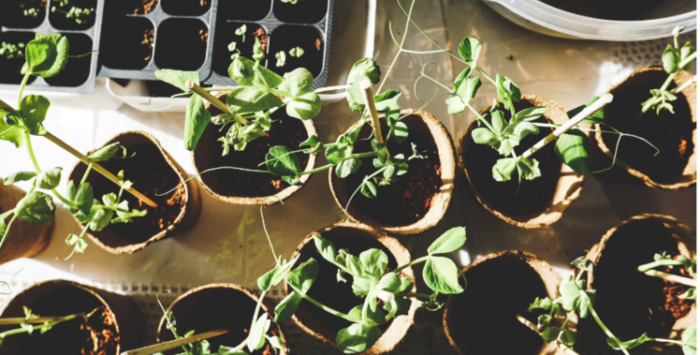
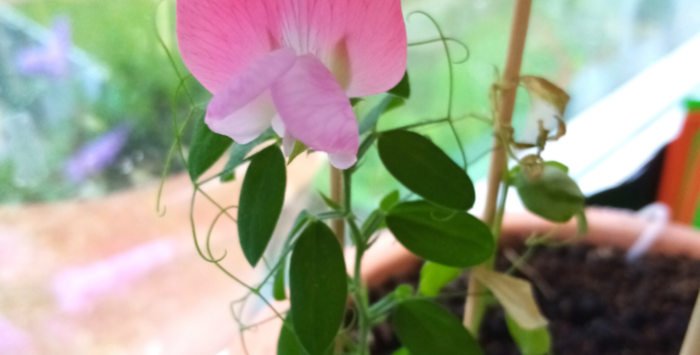
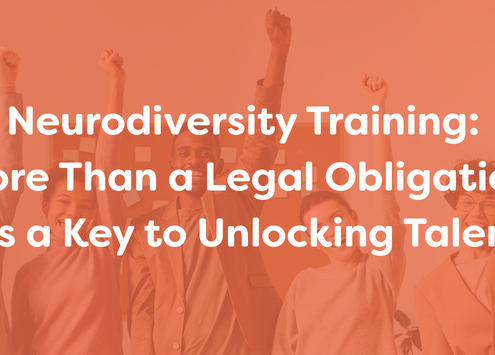


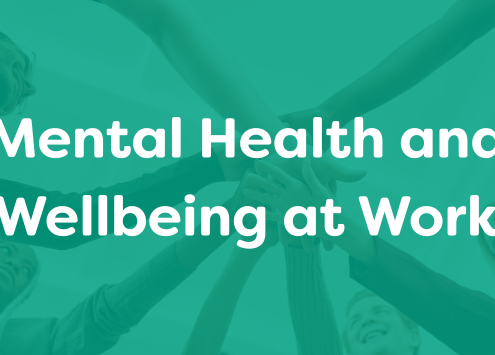
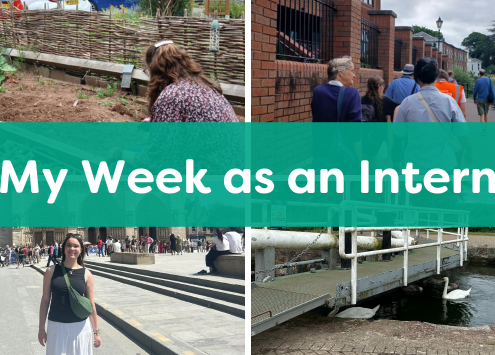

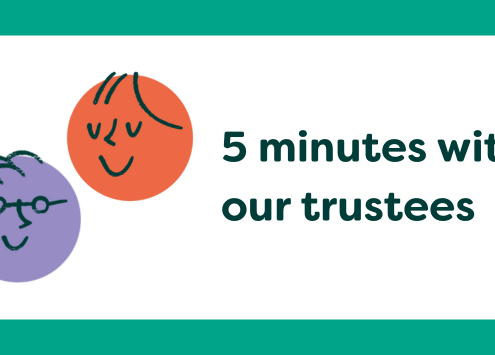
![Graphic with quote reading: “You met me at one of the most difficult times and seeing the difference you’ve made is amazing [...] Please keep doing what you do. You change lives.”](https://steponecharity.co.uk/wp-content/uploads/2025/04/Website-News-Headers-2024-33-495x355.png)

